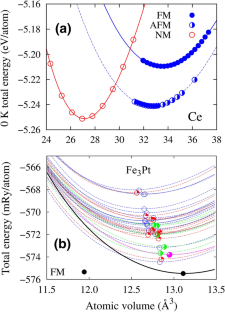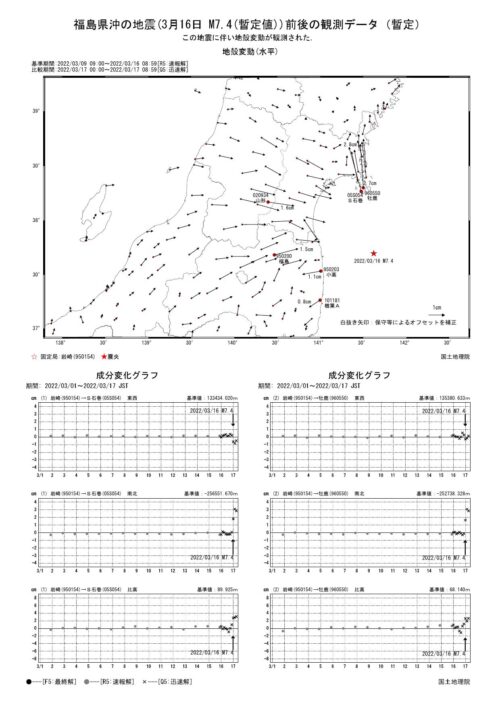2022-03-16 ペンシルバニア州立大学
ペンシルベニア州立大学の研究者チームは、この現象を説明し、さらに予測する理論を考え出した。ゼントロピーの理論である。
正負の熱膨張に対するゼントロピーの理論 Zentropy Theory for Positive and Negative Thermal Expansion
Zi-Kui Liu, Yi Wang & Shun-Li Shang
Journal of Phase Equilibria and Diffusion (2022)Cite this article
286 Accesses 47 Altmetric Metricsdetails
Abstract
It has been observed in both natural and man-made materials that volume sometimes decreases with increasing temperature. Though mechanistic understanding has been gained for some individual materials, a general answer to the question “Why does volume sometimes decrease with the increase of temperature?” remains lacking. Based on the thermodynamic relation that the derivative of volume with respect to temperature, i.e., thermal expansion, is equal to the negative derivative of entropy with respect to pressure, we developed a general theory in terms of multiscale entropy to understand and predict the change of volume as a function of temperature, which is termed as zentropy theory in the present work. It is shown that a phase at high temperatures is a statistical representation of the ground-state stable and multiple nonground-state metastable configurations. It is demonstrated that when the volumes of the nonground-state configurations with high probabilities are smaller than that of the ground-state configuration, the volume of the phase may decrease with the increase of temperature in certain ranges of temperature-pressure combinations, depicting the negative divergency of thermal expansion at the critical point. As examples, positive and negative divergencies of thermal expansion are predicted at the critical points of Ce and Fe3Pt, respectively, along with the temperature and pressure ranges for abnormally positive and negative thermal expansions. The authors believe that the zentropy theory is applicable to predict anomalies of other physical properties of phases because the change of entropy drives the responses of a system to external stimuli.




